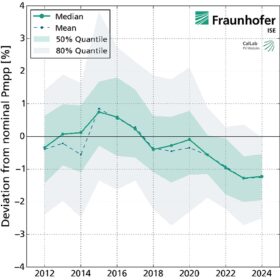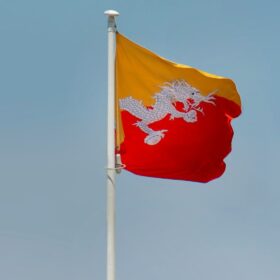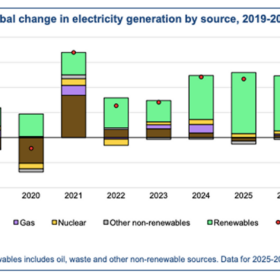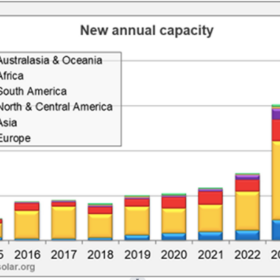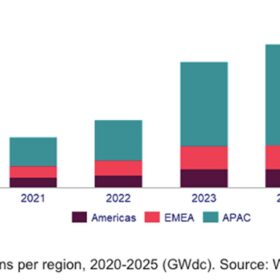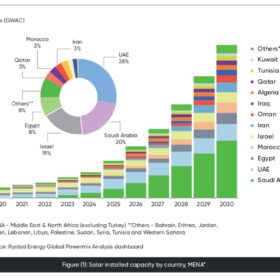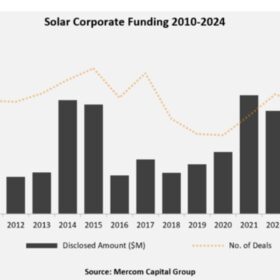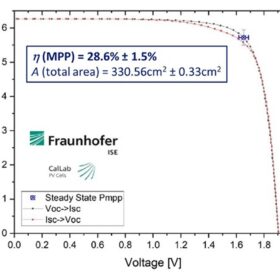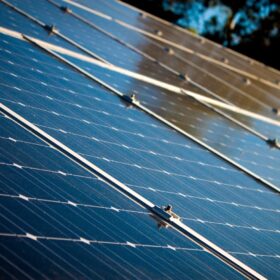Fraunhofer ISE research finds solar module output ‘often overstated’
A longitudinal research project from the Fraunhofer Institute for Solar Energy Systems ISE reveals that since 2017, the institute has measured less power on average in a solar module than promised by the manufacturer.
Bids open for solar-powered lift irrigation systems in Bhutan
The International Centre for Integrated Mountain Development (ICIMOD) is running a tender for the design, supply, installation, testing and commissioning of two solar-powered lift irrigation pilot systems in Bhutan. The deadline to submit proposals is March 21, 2025.
Solar generation grew by 30% in 2024, says IEA
The International Energy Agency’s latest market analysis says global solar generation surpassed the 2,000 TWh mark in 2024. It grew by 30% year-on-year for its highest growth rate since 2017, adding 475 TWh in the calendar year.
TrinaTracker establishes 3 GW factory in Saudi Arabia
The facility will manufacture TrinaTracker’s Vanguard series of solar trackers and smart control systems. Commercial operation is set to begin during the first quarter of this year.
Global utility-scale solar additions hit 182 GW in 2024
Utility-scale solar installations reached 182 GW (AC) in 2024, with the top 33 countries now accounting for 765 GW, or roughly 93% of the global total, according to Wiki-Solar.
Wood Mackenzie predicts global solar growth will stagnate in 2025
Wood Mackenzie’s latest report forecasts that 493 GW (DC) of solar will be added throughout the world this year, compared to 495 GW in 2024. Solar module prices are expected to rise this year as manufacturers aim to recover profit losses from the past two years.
MENA region hits 24 GW (AC) of total solar capacity
The Middle East Solar Industry Association’s (MESIA) latest report says solar capacity in the Middle East and North Africa (MENA) region grew by 25% in 2024, with local manufacturing and energy storage also accelerating.
Corporate funding in solar sector globally falls 24% to $26.3 billion in 2024
Mercom Capital Group says inflation, high interest rates, trade disputes and policy ambiguity all contributed to a drop in corporate funding and merger and acquisition (M&A) activity in the solar sector last year.
Qcells hits 28.6% efficiency with scalable perovskite-silicon solar cell
South Korea-based solar module manufacturer Qcells has set a new efficiency world record for a commercially scalable perovskite-silicon tandem solar cell, produced at its pilot line in Germany.
String inverters best for partially shaded PV systems, says IEA-PVPS
The International Energy Agency (IEA) Photovoltaic Power Systems Programme (PVPS) has released a technical report exploring innovations and challenges in optimizing the performance of partially shaded PV systems.
